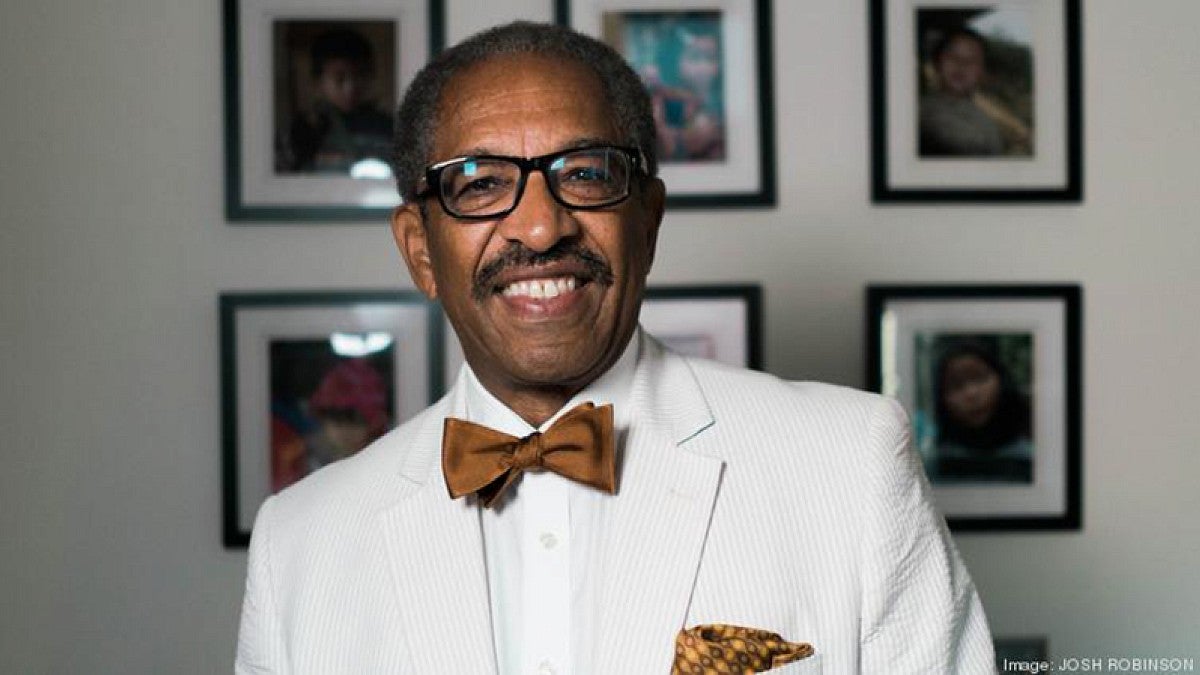The nature of implicit bias and the steps individuals at the university can take to address it is the theme of the final events in this year’s UO African American Workshop and Lecture Series.
Benjamin Reese, the vice president and chief diversity officer for the Office for Institutional Equity at Duke University, will be the featured speaker at a forum and two workshops on campus May 26. The forum is free and open to the public.
Reese has more than 40 years of experience in the areas of organizational change, cross-cultural development and education, race relations, conflict resolution, and diversity. He is nationally known for helping create culture change in various industries, including education, health care and business.
Three events on Friday, May 26, will take place in the Erb Memorial Union’s North and South Crater Lake rooms. The events are hosted by the Division of Equity and Inclusion and sponsored by the Office of the President. Participants are encouraged to RSVP below:
- Implicit Bias: Impact — A public forum at 12:30-2:30 p.m. RSVP
- Implicit Bias on Campus: What Is My Role? — A student workshop at 3 p.m. RSVP.
- Implicit Bias and Challenges in Today’s Environment — A workshop oriented for all who directly serve students at 10-11:45 a.m. RSVP.
In each event, participants will learn about the specific manifestations of unconscious tendencies and predispositions inherent in implicit bias. They will also learn how to counteract them in ways that lead to increased faculty and staff diversity and better outcomes for engaging students.
The series is part of President Michael H. Schill’s effort to increase diversity in many areas of the university, sparked by concerns raised by the UO’s Black Student Task Force. In addition to the workshops, Reese also will meet with members of the task force and others.
Yvette Alex-Assensoh, vice president for equity and inclusion, believes the UO stands to make important gains from Reese’s visit.
“Dr. Reese will help us better understand the strategies and tactics that undermine implicit bias and better allow us to align our interest in being fair with what actually happens daily in our faculty meetings, award panels, student assessment and so much more,” Alex-Assensoh said.
Alex-Assensoh said she is grateful for the work of the Black Student Task Force that helped birth this series. She also thanks committee members professor Rodney Dorsey and Derrick Bines, members of the campus community who recommended names, those who attended the lecture series and the president for his support.
“The series has provided us with a wonderful opportunity to bring outstanding people to our campus, who have, in turn, catalyzed research grants, philanthropy, new relationships and a better understanding of the African-American experience on campus and beyond,” she said
—By tova stabin, University Communications


